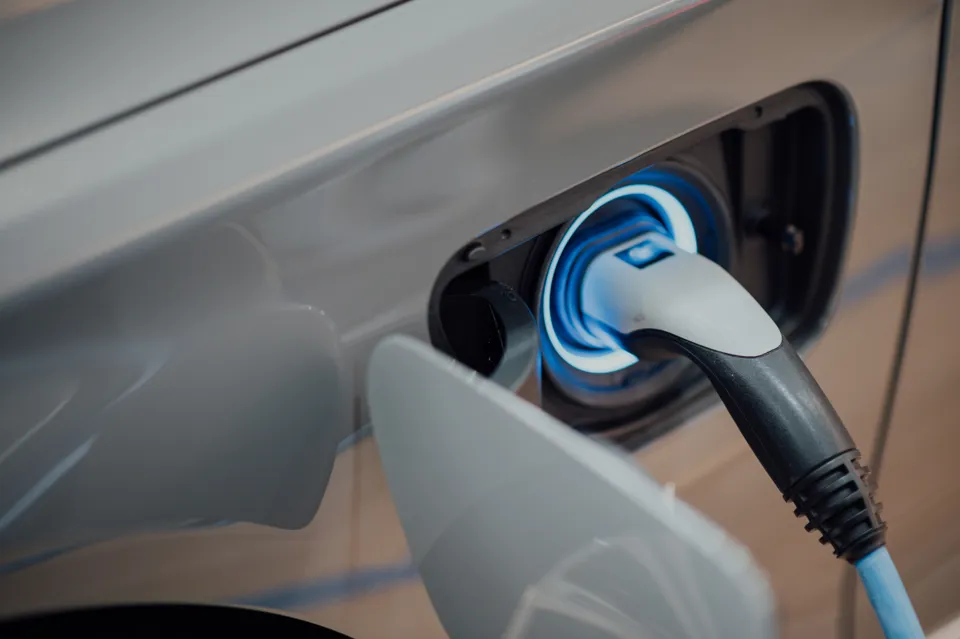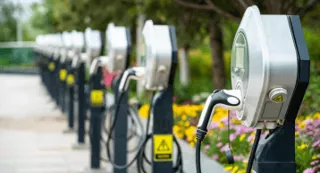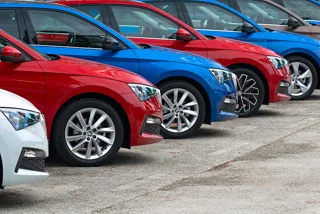The UK’s transition to battery electric vehicles has emerged from its ‘early adopter’ market phase as more than 800,000 have been registered since 2018, says the SMMT.
The transition has been led by fleets, but the end of private consumer incentives has undermined mass market demand, added Mike Hawes, chief executive of the organisation.
He said: “We are entering a new phase in the UK’s EV transition, in which Britain can, and should, be a leader.
“With a new – and still to be finalised – Zero Emission Vehicle Mandate due to revolutionise the market in just over 100 days, supply must be matched by demand.
“A comprehensive package of measures would encourage households across the UK to go electric now, boosting an industry slowly recovering from the pandemic and delivering benefits for the Exchequer, society and the global environment.”
This viewpoint has been shared by PwC’s recently-published eReadiness Study, which found reduced government subsidies and incentives, combined with lingering buying hesitance from motorists means that overall eMobility progress has remained neutral.
Following the Department for Transport’s decision to remove subsidies for EVs in July 2022, the UK has seen a reduction of around 50% in total amount of maximum purchase subsidies.
However, it is currently only one of three European countries to offer a full annual ownership tax exemption for EV owners alongside Germany and Italy.
Grant Klein, public sector transport lead at PwC UK, said: “There continues to be positive moves in improving the EV offering for UK motorists, but perception is critical here, and any hints of a softening of intentions risks dampening demand for new EVs.
“Upturns in perception are possible, but they are strongly reliant on consistency and clarity around key factors such as financial incentives and charge point roll-out plans.”
In the UK, BEVS comprised just 0.7% of the new car market in 2018, yet are anticipated to account for 17.8% by the end of the year.
The SMMT said removal of the plug-in car grant in 2022 has led to EV sales to private buyers falling from one-in-three to one-in-four.
Business demand has been boosted by fiscal incentives, proving that purchasing support powers up markets.
The SMMT added: “The success of the business and fleet markets in switching must now be replicated in the private retail market.
“While manufacturers already provide attractive purchase incentives, these need to be complemented by government-backed incentives.
“For example, reducing VAT on EV purchases would mirror existing discounts on other environmental products such as solar panels and heat pumps and improve Exchequer receipts.
“Raising the threshold for the Vehicle Excise Duty ‘expensive car supplement’ from its 2017 level to reflect today’s costs – or exempting EVs altogether – would also help.
“Taxation would also be fairer if VAT on public charging matched home charging at 5%, not 20%.
“Furthermore, mandating targets for chargepoint rollout would help overcome the other issue holding back consumers – insufficient infrastructure.
“Such measures would improve the attractiveness of EVs to British consumers and flow through to the second hand market, increasing demand and helping address concerns about the residual value of these new technologies.”























Login to comment
Comments
No comments have been made yet.